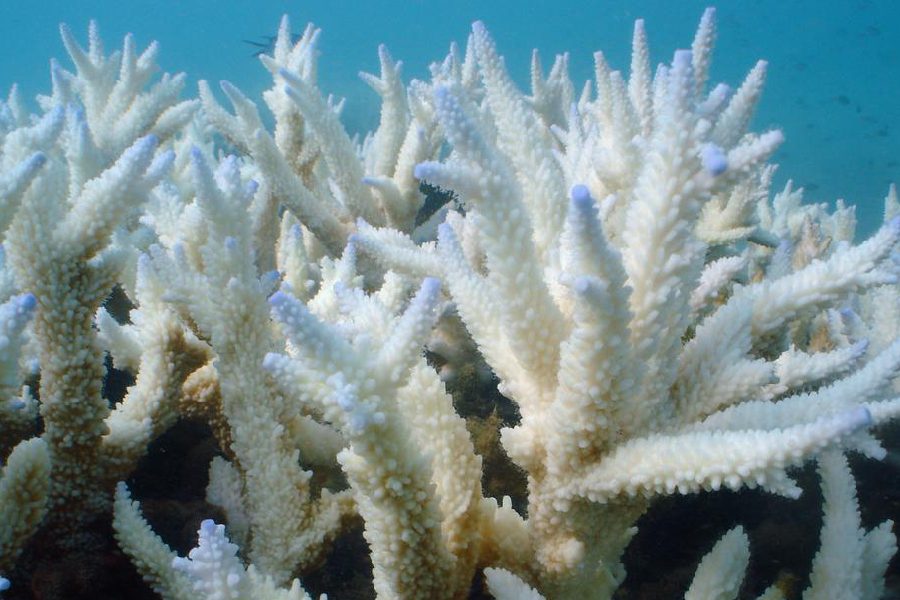The world's coral reefs are going through the most intense bleaching event ever recorded, with 84% of them now affected, scientific authorities announced on Wednesday.
The current crisis, the fourth global bleaching event since 1998, is more intense than the 2014-17 episode that caused some two-thirds of global reefs to experience the harmful whitening.
Coral bleaching occurs when the colorful algae that live within corals and feed them begin to produce toxins as a result of warming waters, causing their hosts to expel them. This exposes the corals to a greatly increased risk of disease and starvation.
The widespread bleaching event that has now been hitting the world's reefs since 2023 has been blamed on the rising temperature of oceans amid global warming caused by the burning of fossil fuels and other human activities.
What did scientists say?
"We're looking at something that's completely changing the face of our planet and the ability of our oceans to sustain lives and livelihoods," said Mark Eakin, executive secretary for the International Coral Reef Society and retired coral monitoring chief for the US National Oceanic and Atmospheric Administration (NOAA).
"The best way to protect coral reefs is to address the root cause of climate change. And that means reducing the human emissions that are mostly from burning of fossil fuels. Everything else is looking more like a Band-Aid rather than a solution," Eakin said.
"The magnitude and extent of the heat stress is shocking," said Melanie McField, a marine scientist working in the Caribbean for the Healthy Reefs for Healthy People initiative. "Some reefs that had thus far escaped major heat stress and we thought to be somewhat resilient succumbed to partial mortalities in 2024."
"Bleaching is always eerie — as if a silent snowfall has descended on the reef," she added.
"I think people really need to recognize what they're doing — inaction is the kiss of death for coral reefs."

The majority of bleached corals die. (Image: picture alliance/dpa/Great Barrier Reef Foundation via Deutsche Welle)
Global warming set to worsen
The Earth had its hottest year on record last year, and the average annual sea surface temperature of oceans away from the poles hit a record 20.87 degrees centigrade (69.57 Fahrenheit).
Scientists forecast that at 1.5 degree celsius of warming above pre-industrial levels, which the Earth reached last year, some 70% to 90% of the world's coral reefs could disappear, which would have an enormous impact on human livelihoods and biodiversity.
At 2 degree celsius, almost all corals would vanish, scientists say.
If current climate policies by world governments are enacted, the world could warm by 3.1 degree celsius by 2100.










